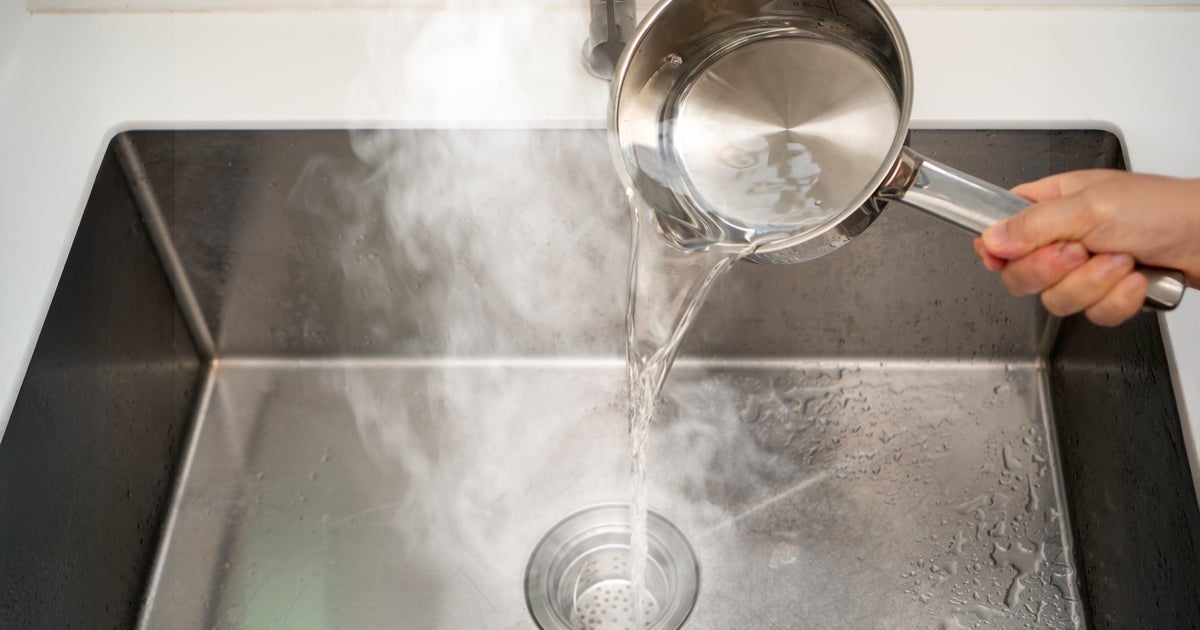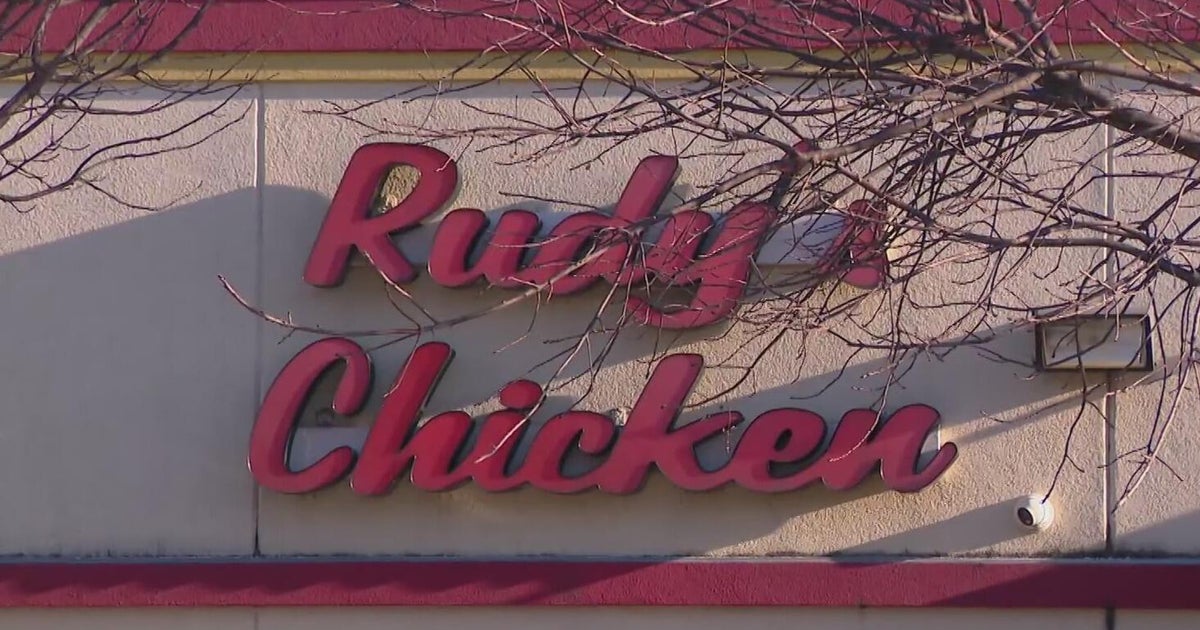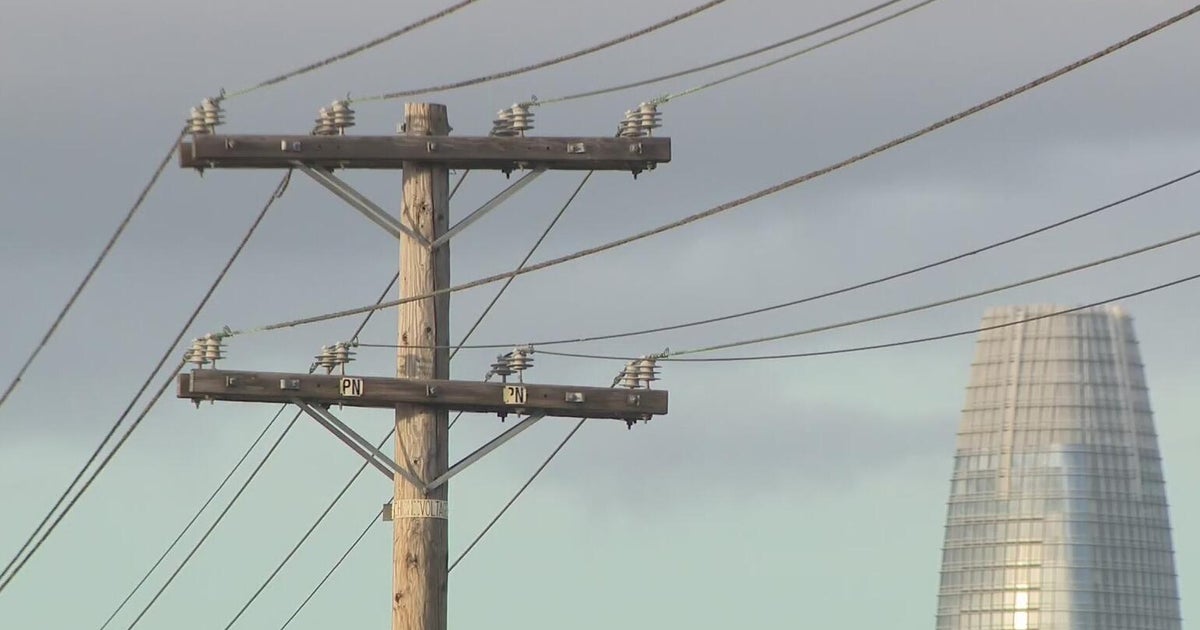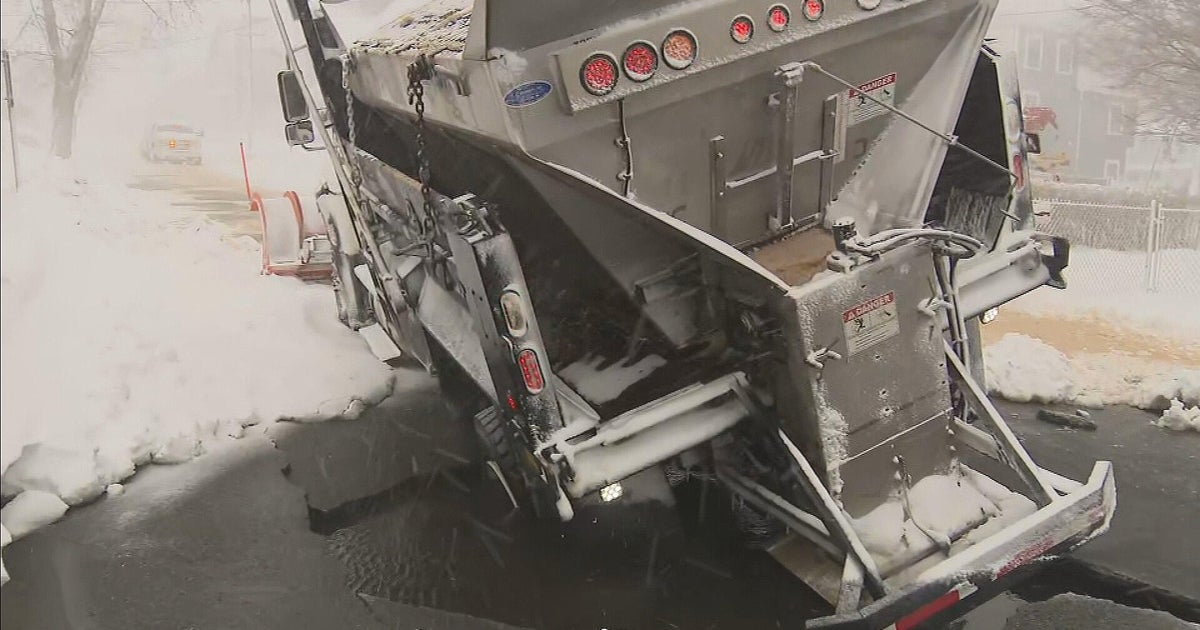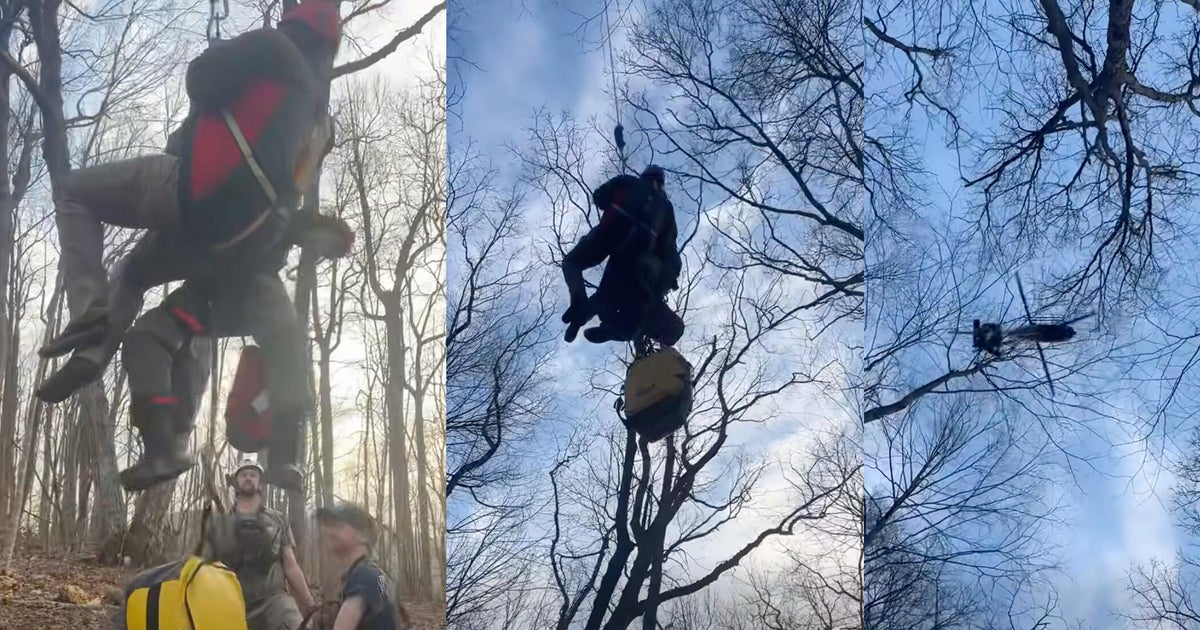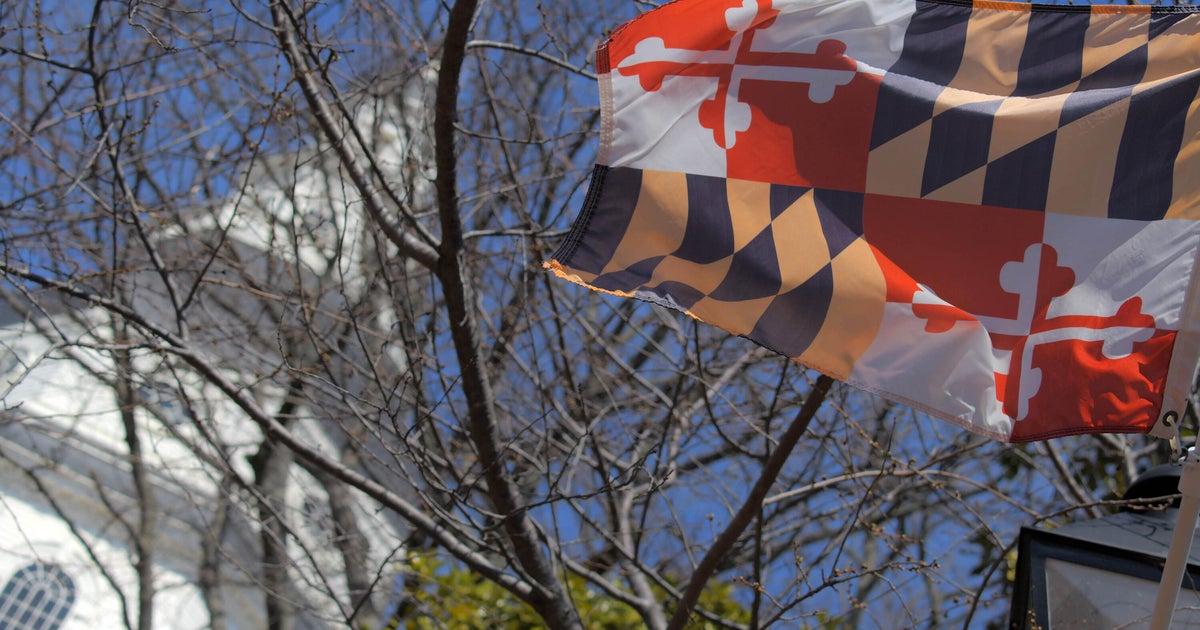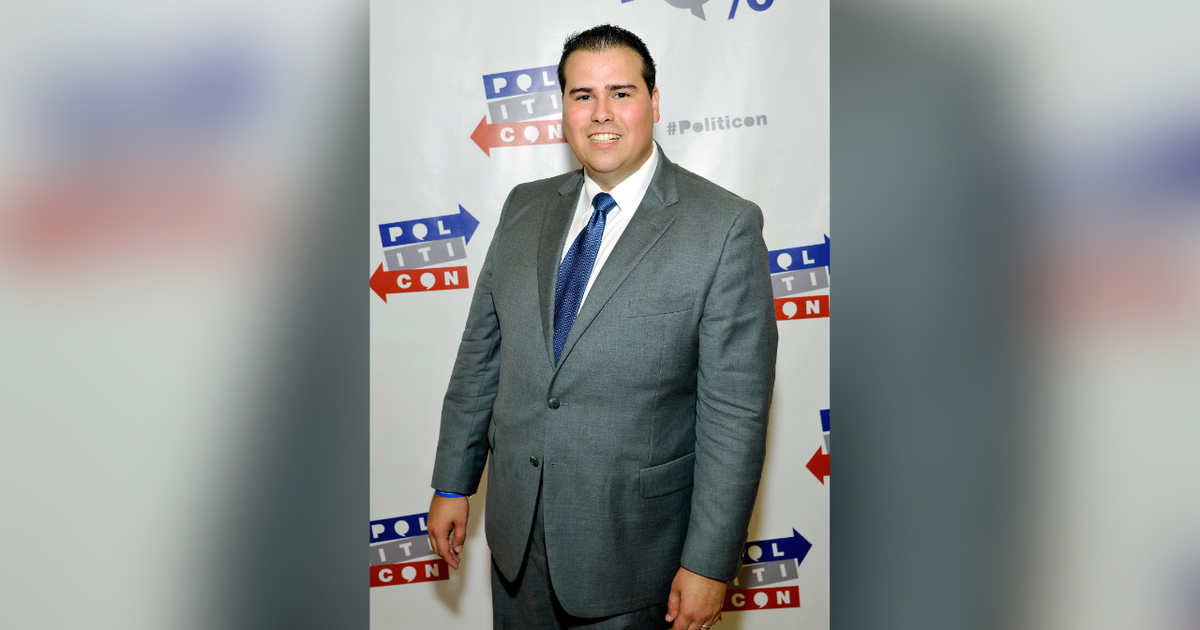'Insidious' Drinking Water Carcinogen Has California Water Customers Facing Rate Hikes
SAN FRANCISCO (CBS SF) -- More than one million people across 16 California counties have excessive levels of a potent carcinogen in their drinking water, and customers are now facing huge rate increases to help pay for water agencies' compliance with newly-adopted standards.
California isn't the only state in the United States where groundwater is tainted with the man-made chemical 1,2,3-trichloropropane (TCP), but California has just become the only state to adopt the toughest possible limit on the chemical in drinking water.
Beginning January 2018, all drinking water in the state will be required to have TCP levels of no more that 5 parts per trillion (ppt). The new limit came as a result of years of petitioning by environmental groups to the State Water Resources Control Board.
At least 562 drinking wells in the state which serve nearly 100 public drinking water systems have levels of TCP above 5 ppt, according to the water board.
The chemical has been determined in lab studies to cause cancer after long-term exposure, according to the U.S. Environmental Protection Agency.
The adoption of the TCP limit may serve to strengthen the case of dozens of lawsuits filed in California on behalf of small California communities where public drinking water was polluted by the chemicals manufactured by Dow Chemical Company and Shell Chemicals, dating back to the 1940s. In the meantime, water agencies are being tasked with installing costly filtration systems which will result in rate hikes across the state.
Public drinking water systems in at least 17 other states have also been polluted by TCP, according to Environmental Protection Agency data from 2015.
No federal regulations of TCP yet exist, meaning that there is no requirement at the national level to filter out the chemical before it reaches residents' taps, nor is there any requirement for public utilities to report its presence to consumers.
The lack of federal regulation has left it up to individual states to regulate, but few states are doing so.
California's limit on TCP comes two and a half decades after California classified the chemical as a known carcinogen and added it to the state's Prop. 65 list in 1992.
Following a unanimous vote last week by the water board to set the strict new TCP limit in drinking water, Chairwoman Felicia Marcus called it "a very important day for public health."
Vice Chair Steven Moore said, given the scientific evidence of the danger of TCP, "it is disquieting how serious and insidious this chemical is."
TCP In The Water
While many of the impacted water systems are located in the agriculturally rich San Joaquin Valley, others are in the more heavily-populated Los Angeles, San Mateo, Santa Cruz, San Diego, San Joaquin and Sacramento counties.
Other counties with contaminated wells are Kern, Merced, Fresno, Tulare, San Bernardino, Stanislaus, Riverside, Butte, Madera, and Monterey counties.
According to a statement this week by San Jose-based Cal Water, "TCP has been detected in some of the groundwater supplies in our Bakersfield, Visalia, Selma, Stockton, South San Francisco, and Chico service areas."
Cal Water spokeswoman Yvonne Kingman told CBS San Francisco that in their South San Francisco service area, TCP has been detected in four wells.
"In 2016, the test results from these wells averaged 20 parts per trillion," Kingman said. That's four times the amount that will be allowed by the state under the newly adopted limit.
Cal Water is already in the process of installing a carbon filtration system that will remove the TCP from the water in these wells and expect to be completed with the installation in the next few months, long before the compliance deadline.
But other water utilities in the state, especially those in poorer regions, say they aren't likely to make the compliance deadline due to the high cost of installing and maintaining a filtration system.
Other utilities across the state say they will have to significantly increase the water bill for ratepayers if the chemical companies don't agree to pay for the filtration systems.
California won't require water districts to alert residents of high levels of TCP in their water until the end of this year. In the meantime, many residents will likely continue to unknowingly drink the polluted water.
Contamination
TCP was an unnecessary impurity in the companies' pesticides which were injected into fields until the 1980s, according to Melanie Banesh, a legislative attorney at Environmental Working Group, a D.C.-based environmental non-profit that has researched the history and potency of TCP for years.
The pesticides, known as soil fumigants -- Dow's Telone and Shell's D-D -- were injected into agricultural fields to kill pests but the inactive ingredient in them -- TCP -- ended up polluting the groundwater, according to Banesh.
Decades after its use was ended, TCP is found at high levels in groundwater in communities across the country.
Todd Robins, a San Francisco-based attorney who has filed 32 pending lawsuits against Dow and Shell on behalf of water utilities across the state, has spent over a decade investigating TCP and working to get the companies to pay for the filtration systems in the communities impacted by the chemical.
Robins told CBS San Francisco that Dow and Shell put TCP in their products, but failed to list it on product labels. He argues the chemical never should have been put into the pesticide mixture, could have been easily removed from drinking water years ago and is a tragic example of "big companies putting profits ahead of the environment."
He says it's time for them to be held accountable.
A 1974 letter by a Dow scientist labeled TCP as "garbage" as it served no function in killing the pest targeted by the pesticide.
https://cloudup.com/cHnF5TM3dGi
Farmers who purchased the soil fumigants were unknowingly disposing of the companies' hazardous waste into fields across the state, according to the complaints filed against the companies.
But a report by Shell, dating back to 1970, shows the company reviewed the environmental impact of the chemical they were manufacturing and found, "Its components are likely to be dispersed widely in the environment and whilst capable of some chemical degradation they belong in a class of compounds that are resistant to complete degradation."
Scientists have found that TCP can remain in groundwater for hundreds of years.
Robins said Dow and Shell's main argument against the lawsuits, up until now, has been that since the state had no adopted limit for TCP in its drinking water, there was no damage caused to communities. With the state's adoption of this maximum limit last week, Robins said he's waiting to see if the companies "put their money where their mouth is."
The cost of installing and maintaining the new filtration systems for communities across the state could exceed $1 billion, according to Robins, who said he's working to make sure the manufacturers, not residents, pay for every last penny of it.
Jenny Rempel with the grassroots group Community Water Center -- which has been pushing for the state to set a legal limit on the chemical in the water -- said the adoption of the limit was a "historic victory."
"Now we need to make sure communities get the funding they need to get TCP out of their water," Rempel said.
Asha Kreiling, policy and communication analyst with the Community Water Center said, "When we tell people about 1,2,3-TCP and the health risks and the fact that it's been in the water for so long and that it's been unregulated for so long and that it's really these companies whose fault it is, people are really upset. People talk about their family members or their friends or even just pockets of their neighborhood where they know people are getting cancer at abnormal levels."
Cal Water and the city of Bakersfield sued the chemical companies over 10 years ago in an effort to recoup the costs of treating the contamination, and that case is still ongoing. The chemical companies have already settled eight cases regarding contamination by TCP.
Water Rates
Many California residents living in poor communities, especially in agricultural areas where the pesticide containing the chemical was most widely used, may soon be paying much higher water bills in order to pay for the filtering out of the chemical from their drinking water.
Some communities already have to drink bottled water to avoid drinking the contaminated water coming from their taps.
At least one family from Visalia told the State Water Board they spend $800 a year on water due to the presence of TCP at a level 15 times that allowed under the newly-adopted limit.
On July 19 -- just one day after the state adopted the limit for TCP in drinking water -- the Bakersfield City Council unanimously voted to increase water rates by 41 percent over the next two years to pay for the filtering out of the chemical. The city's 46,000 ratepayers are expected to get their first rate increase is in October 2017.
Ratepayers could get back some of that money via the pending lawsuit against the chemical companies.
According to the Bakersfield Californian, the proposed rate hikes - to come in three phases - would increase the typical city water customer's bill from roughly $36 to roughly $50 per month.
Ratepayers in other cities, such as Arvin, are looking at a water bill that is ten times higher than their current rates.
"To pay for the kind of filtration system that's needed, you'd be talking about raising consumer rates probably tenfold," said Raul Barraza Jr., general manager of the Arvin Community Services District.
Barraza told the State Water Board that the limit will make litigation against these companies much easier.
Barraza said Arvin and other Central Valley water systems "are looking to Dow and Shell, the companies who well knowingly polluted our groundwater with their defective pesticide, which contain an unnecessary ingredient of 1,2,3‐TCP, to step up and do the right thing. And pay for the damage they have caused."
Some community officials say they won't be able to comply as quickly as required.
The City of Chino, the Monte Vista Water District and the Chino Water Desalter Authority told the State Water Board that their agencies "will be forced into noncompliance, which will require us to either turn off wells and/or notify our customers that their water no longer meets public health requirements. The result of such noncompliance is a severe reduction in water supply reliability, liability to lawsuits, and a loss of public trust."
While water districts wait on pending lawsuits and potential settlements, the State Water Board's Division of Drinking Water District is offering technical support, loans and grants to public water systems that cannot afford the new filtration systems.
Company Response
Dow AgroSciences, in a statement to CBS San Francisco on Thursday said, "TCP was a trace constituent associated with highly beneficial agricultural product formulations, which have not been on the market for several decades, that controlled pests that otherwise would have caused millions of dollars in annual crop losses."
Dow said, "TCP is also associated with products that Dow did not manufacture or sell and with certain industrial processes in which Dow had no involvement."
Shell spokeswoman Kimberly Windon provided CBS San Francisco with a statement highlighting the benefits to farmers of the soil fumigant containing TCP that they manufactured and noted that other products not manufactured by Shell also contained TCP.
Windon said, "Although we appreciate the State's hard work in considering the technological feasibility of a Maximum Contaminant Level at this level, the state has not conducted an appropriate economic feasibility analysis, as is required by law. A study by the California Manufacturers & Technology Association clearly shows that the proposed standard is not economically feasible, requiring a level of remediation that risks raising the cost of water provision without proven significant health benefit."
Neither Dow nor Shell would answer questions about why they disposed of 1,2,3-TCP via the pesticides they manufactured, nor would they answer questions about which years their product was used. They also failed to answer questions about where in the world their products containing 1,2,3-TCP ended up.
Neither chemical company would answer questions regarding when they first learned that the chemical was a carcinogen and when they stopped putting TCP into their pesticide products.
By Hannah Albarazi - Follow her on Twitter: @hannahalbarazi.
